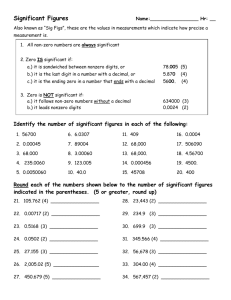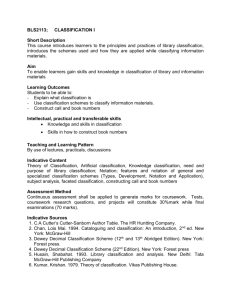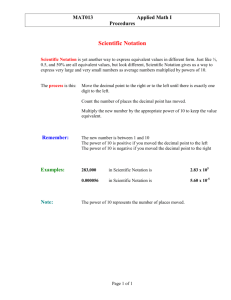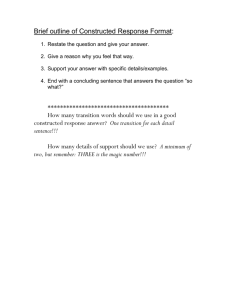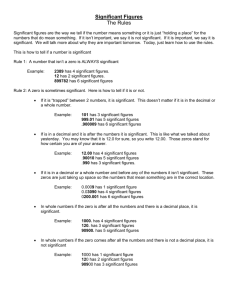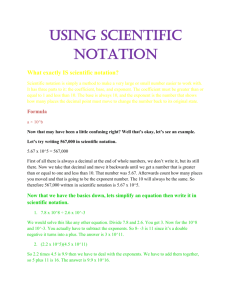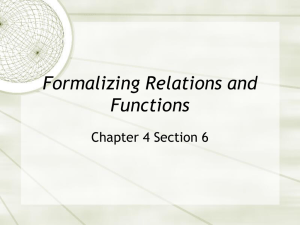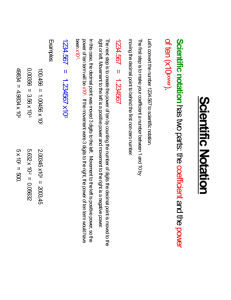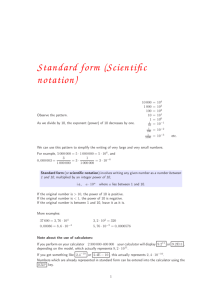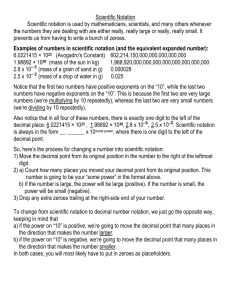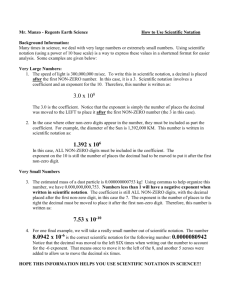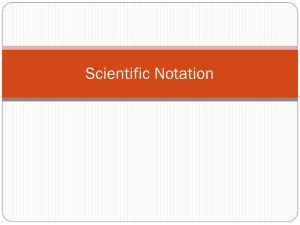EPC Exhibit 132A-9
advertisement
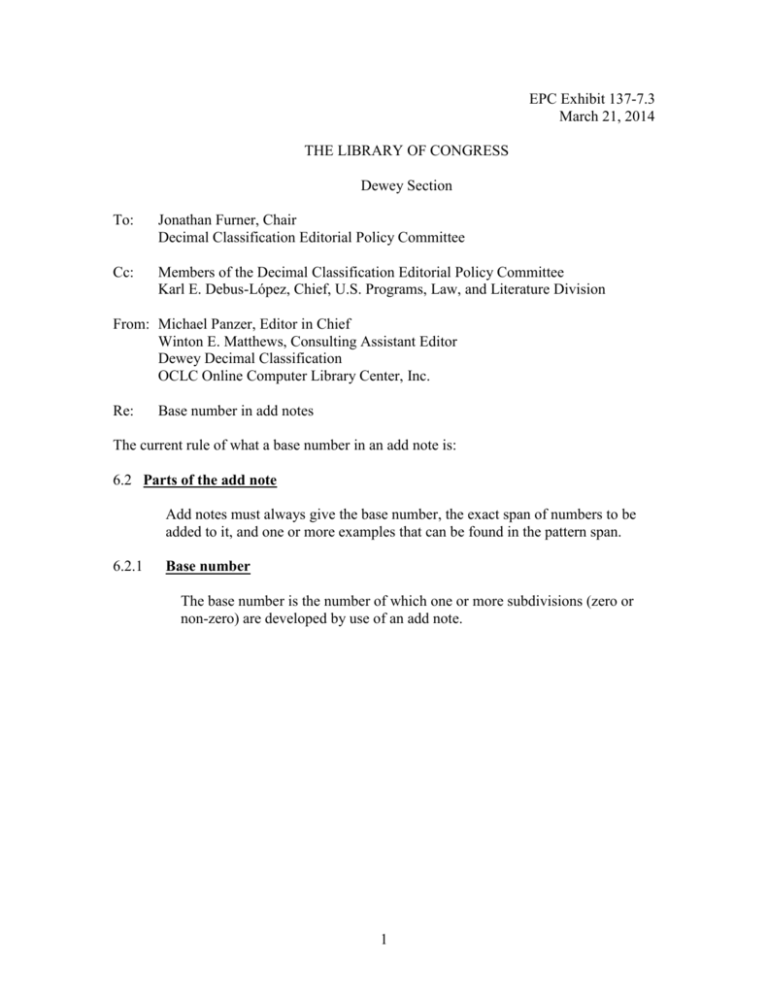
EPC Exhibit 137-7.3 March 21, 2014 THE LIBRARY OF CONGRESS Dewey Section To: Jonathan Furner, Chair Decimal Classification Editorial Policy Committee Cc: Members of the Decimal Classification Editorial Policy Committee Karl E. Debus-López, Chief, U.S. Programs, Law, and Literature Division From: Michael Panzer, Editor in Chief Winton E. Matthews, Consulting Assistant Editor Dewey Decimal Classification OCLC Online Computer Library Center, Inc. Re: Base number in add notes The current rule of what a base number in an add note is: 6.2 Parts of the add note Add notes must always give the base number, the exact span of numbers to be added to it, and one or more examples that can be found in the pattern span. 6.2.1 Base number The base number is the number of which one or more subdivisions (zero or non-zero) are developed by use of an add note. 1 The problem is how to determine what consists of the base number, especially when it could end in zero. Consider the following three examples given in Rule 6.4.1. 333.314-.319 Land reform in specific continents, countries, localities of modern world Add to base number 333.31 notation 4-9 from Table 2, e.g., land reform in Latin America 333.318 363.107–.108 Measures to prevent, protect against, limit effects of problems; remedial measures, services, forms of assistance Add to base number 363.10 notation 7–8 from table under 362–363, e.g., alarm and warning systems 363.1072, counseling 363.1086 025.46001-.46999 *Specific subjects Add to base number 025.46 notation 001-999, e.g., classification of education 025.4637 In each case, the base number consists of the digits that are common to any number constructed using the adding note. In the second example, the base number ends in 0 because 363.10 is common to all of the numbers constructed using the adding note. We recommend that Rule 6.2.1 be modified as follows. 6.2.1 Base number The base number is the number of which one or more subdivisions (zero or non-zero) are developed by use of an add note. The base number consists of the digits, including a zero at the end of the number, that are common to any number constructed using the add note. 2
